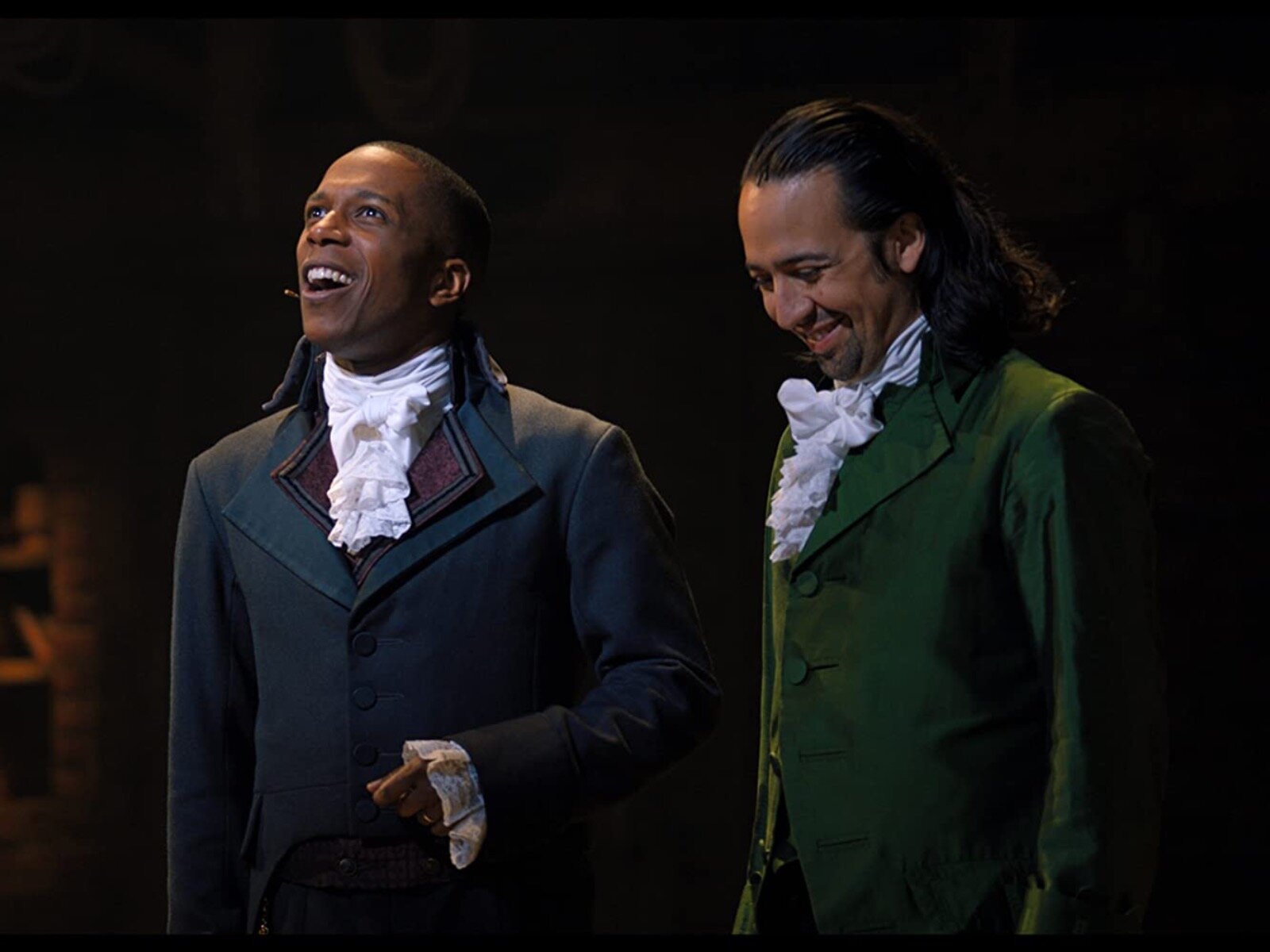At first blush, Philomena Lee, as played by Judi Dench, might be the sweetest little old lady you ever met. She loves croutons and takes as many as will fit on a salad to eat. She’s adorably wowed by the premise of "Big Momma’s House" and the abundance of food available at a hotel breakfast.
And, if you give her a chance, she will talk at length about the story – the whole story, seemingly word for word and from cover to cover – of the latest romance novel she’s read or about her new hip ("It’s titanium!") or merely to say that you’re one in a million. And even though she’s said that to ten other people that day, she means it.
She’s a simple, sweet old lady, but the story from her past that she holds deep in her conscience is anything but simple or sweet. It’s an incredible story, in ways both tremendous and tragic, that carries unassuming power.
So unassuming that "Philomena" – the new film that shares her name and her true story – seems slight and just … nice at first glance. It seems like the kind of movie that comes out at the end of the year, gathers a fair amount of award nominations and maybe even a few wins for its highly respected lead, and then disappears never to be talked about again.
But then it doesn’t disappear. "Philomena" may be modest, but that modesty is surprisingly striking and rewarding. After my original screening, I found myself having a hard time putting the movie down in my head. I had to see it a second time, and that second look confirmed my lingering suspicions: It’s a damn fine movie.
When Philomena was a young woman in Ireland, she became pregnant after a one-night stand with a handsome man at the town festival. She’s shamefully sent to live in a local convent called Rosecrea, where she is forced to give birth to a baby in breach position without any pain medication. Afterward, the nuns make her and the other shamed mothers – many of whom didn’t survive their childbirths – work seven days a week with limited time with their children.
All of that seems cruel enough, but Rosecrea also shadily dealt in the adoption business. They would take the babies from their mothers and sell them to wealthy American families looking to adopt. Philomena’s baby, Anthony, was one of the babies sold.
After 50 years of silently mourning her son and doing her own ineffective snooping and searching for Anthony, she and her daughter ask for the help of Martin Sixsmith (Steve Coogan, also a co-writer), a cynical disgraced journalist and government advisor. Looking for something to perk himself up after his publicly embarrassing resignation, he takes on the gig (Michelle Fairley, formerly Catelyn Stark on "Game of Thrones," plays his editor). The seemingly cheap "human interest story" is a lot better than his first topic of choice: Russian history.
Together, sweetly sincere Philomena and the slightly knobbish Martin hit the road, heading to the convent, to America and to all manner of unpredictable directions, both heartwarming and heartbreaking (the surprises are best kept for the film to tell).
That all probably sounds pretty heavy for what the chipper-looking poster describes as a comedy. However, director Stephen Frears (the man behind the stolid prestige pic "The Queen" and "High Fidelity," one of my favorites), along with Coogan and Jeff Pope’s screenplay, find a nice balance between the drama and the comedy.
The jokes themselves are just okay, more worthy of gentle laughs than any real big guffaws. One sequence in particular involving Philomena prattling off a novel’s entire story on an airport trolley ride is aimlessly edited, kind of wasting a decent joke in the process. Still, Coogan’s bone dry delivery is amusing (despite having roles in movies both big and small, he hasn’t been able to crack American audiences), he and Dench play off each other nicely, and it adds some welcome lightness to the story.
The drama, however, is where "Philomena" really thrives. Blessed with a really fascinating true story (chronicled in the real-life Sixsmith’s book, "The Lost Child of Philomena Lee"), Frears smartly tells the mystery without many frills. It unfolds briskly but naturally, unveiling new secrets without sacrificing its humanity to forced melodrama. Each revelation builds until the big final reveal, which, for a movie of such seemingly modest rewards, hits with a punch of sadness and sweetness.
Much of that is thanks to Judi Dench, likely off to her seventh Academy Award nomination and deservedly so. She’s just so endearing, and even though Philomena is a simple little lady (as Martin mockingly notes, her brain’s been on a steady diet of Reader’s Digest and romance novels), her eyes reflect a life of repressed hurt and loss.
The story plays a bit like a battle for Philomena’s soul, with her assured, sincere faith in God and in humanity tested by her dark secret, her discoveries and even Martin, who’s journalistic perspective leans toward the cynical and grim. Dench makes those inner battles feel hard fought while also effortlessly charming the audience. When the end confrontation hits, it’s not rewarding in a predictable Hollywood sense, but considering her complex performance and the character’s journey, it’s powerful and just right.
Dench provides the broken but beaming heart to the story of a woman who saw in everyone and everything the best, despite often getting dealt the worst.
On a side note, I’d like to thank the MPAA for originally giving "Philomena" an R-rating before the Weinstein Company won their much publicized appeal. Thank god we have a group of people like the MPAA to protect people from the menace of a kindly Judi Dench and a couple of f-words.
As much as it is a gigantic cliché to say that one has always had a passion for film, Matt Mueller has always had a passion for film. Whether it was bringing in the latest movie reviews for his first grade show-and-tell or writing film reviews for the St. Norbert College Times as a high school student, Matt is way too obsessed with movies for his own good.
When he's not writing about the latest blockbuster or talking much too glowingly about "Piranha 3D," Matt can probably be found watching literally any sport (minus cricket) or working at - get this - a local movie theater. Or watching a movie. Yeah, he's probably watching a movie.







